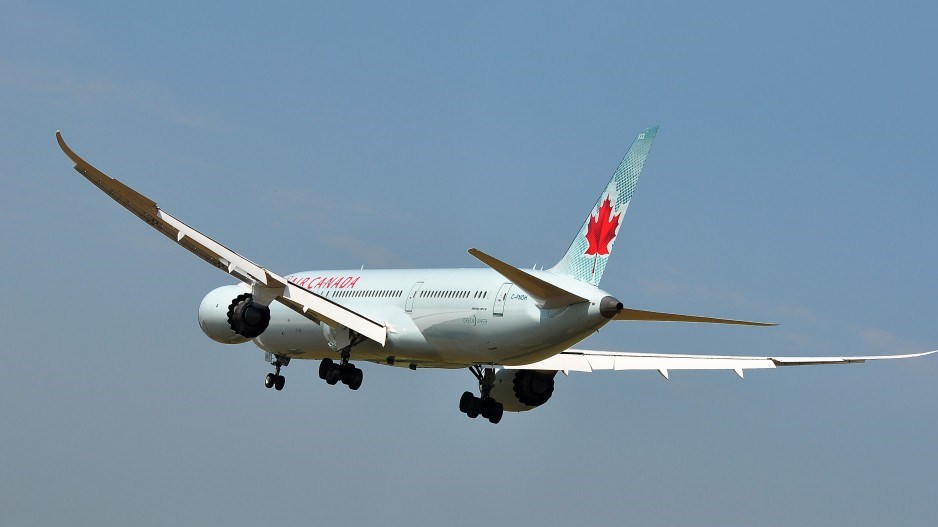Air Canada said March 25 it's operating cargo-only flights to Europe, Latin America and South America to move time-sensitive shipments, including medical supplies to combat COVID-19 and goods to support the global economy.
The freight work dovetails with the International Air Transport Association (IATA) and its members' renewed call to governments to take urgent measures to ensure that vital air cargo supply lines remain open, efficient and effective.
"Air Canada Cargo has long served as a vital link in global supply chains, and with the disruption arising from the COVID-19 pandemic, our capabilities are more important than ever,” vice-president of cargo Tim Strauss said.
And, that’s in line with calls from the World Health Organization.
“Around the world, the frontline health workers who fight against COVID-19 need to be continuously supplied with necessary medical equipment and protective material. It is our collective duty to keep these supply lines open by continuing air cargo operations,” said organization chief of operations, support and logistics Paul Molinaro.
Air Canada’s first cargo-only flights departed Toronto this past week for Frankfurt, London and Amsterdam - all important business centres and connection points for cargo forwarding.
The airline is using Boeing 787 aircraft capable of carrying 35 tonnes of cargo. Shippers and freight forwarders are being charged a flat rate for both directions and Air Canada Cargo is also introducing a fractional program, so shippers who do not require a whole aircraft can book space.
The company said arrangements with shippers and freight forwarders contain clear provisions to ensure that these essential goods are being sold at fair market rates and to authorized suppliers.
The company said it is examining possibilities of domestic service as well, working with governments to assess the demand and assist in moving relief goods between multiple Canadian markets.
That work includes using smaller Air Canada Express regional aircraft to reach less-well served, smaller or remote regions in Canada with medical and other emergency supplies in support of local governments.
The IATA has expressed frustration that bureaucracies are slowing the movement of emergency goods.
“Air cargo is a vital partner in the global fight against COVID-19,” IATA director general Alexandre de Juniac said. “These delays are endangering lives. All governments need to step up to keep global supply chains open.”
De Juniac said, with the global passenger fleet essentially grounded, their cargo capacity has to be shifted.
“Airlines are scrambling to meet the gap between cargo demand and available lift by all means possible, including re-introducing freighter services and using passenger aircraft for cargo operations.”
However, obstacles need to be removed through such means as:
• Introducing fast track procedures for overflight and landing permits for cargo operations, particularly in key manufacturing hubs in Asia - China, Korea and Japan - in response to the increased number of cargo charters replacing withdrawn passenger operations;
• Exempting flight crew members not interacting with the public from 14-day quarantine requirements to ensure cargo supply chains are maintained;
• Supporting temporary traffic rights for cargo operations where restrictions may apply;
• Removing economic impediments, such as overflight charges, parking fees, and slot restrictions to support air cargo operations during these unprecedented times; and
• Removing operating hour curfews for cargo flights to facilitate the most flexible global air cargo network operations.
Air Canada said it is ensuring it is compliant with Public Health Agency of Canada and Transport Canada regulations on health measures pertaining to airline crews, including requirements for self-isolation.
“This is an evolving situation and Air Canada shares a common goal with its employees of protecting employee and customer health and safety,” the company said in a statement. “For example, we are now making N95 masks available to our flight crews. We remain in contact with our employees and union leadership on health and safety matters.”
@jhainswo




